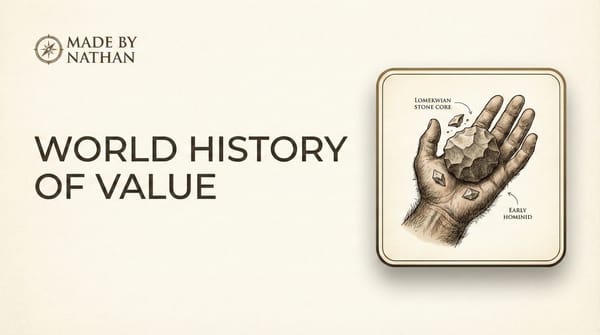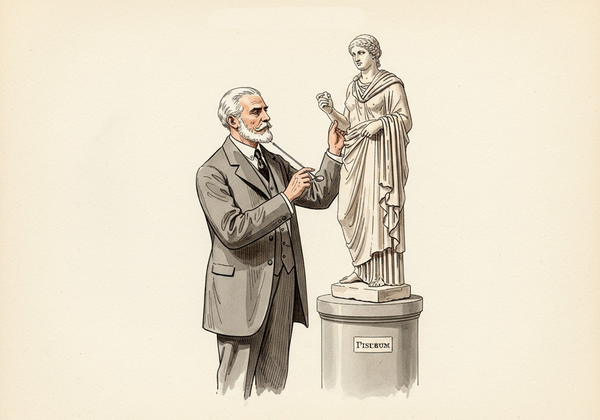Reinterpreting John 12:25
There's a Bible verse that has been bugging me for a while:
John 12:25: "Anyone who loves their life will lose it, while anyone who hates their life in this world will keep it for eternal life."
I thought about this verse recently and I realized that it kind of sucks.
“Stay poor, stay sad, then die. It will all work out later.”
I quite like my life! The Bible is trying to tell me that this is bad? And I'm actually supposed to hate it?
So what am I supposed to do? Give everything away? I’ve spent a fair amount of time working with churches and charities, and I met people who tried to live that way. They often ended up bitter and with a lot of regrets. It never seemed like a very healthy way to live.
Anyway, I asked ChatGPT about it. It turns out my least favourite Bible verse might be a badly translated concept from Buddhism.
First of all, if any Christians are reading this, you should probably try to stop cherry-picking random verses from the Bible and attempting to shoehorn every little thing into your own life. There's no rule that says every verse is a self-contained literal instruction for how you should live. That would be madness.
Here's the actual context around this verse (John 12:20–26):
- Jesus' death is approaching.
- A seed has to “die” to bear fruit.
- His followers must have that same mindset of letting go, not self-preservation at all costs.
It’s not a lifestyle instruction for modern readers to hate their life or intentionally suffer. It's a very specific message for a specific group of people in history.
However, if you are still determined to apply this verse to your own life, you should examine what “life” and “hate” actually meant in first-century Greek. The word translated to “life” is psychē. Not “your existence,” but your ego, your personal agenda, and your need for status/safety/control.
The word translated to “hate” is a Semitic idiom meaning “to prefer less,” not “to despise.” The same idiom shows up in “Jacob I loved, Esau I hated”. It just means “chosen vs not chosen.”
So the original line might be closer to:
“Anyone who clings to their ego-driven life will lose it, but anyone willing to let go of that ego-life will find something deeper.”
This sounds very similar to a core Buddhist principle: clinging to the self creates suffering, and letting go of attachment leads to freedom. The tighter you grip your identity, status, control, and desires, the more fragile and anxious you become.
If you've read any of my other recent blog posts, you've probably noticed that I don't care much about status or what anyone thinks. I'm quite used to being embarrassingly weird and I'll post anything if I think it's interesting, even if it's completely wrong or it makes me look like a complete nutcase.
My wife and I have also been floating around the world for the last 16 years, never staying in one place more than a few years. And most of my “career” has been startups. There's been a lot of failures and a lot of downright stupid ideas.
So I'm fairly used to the idea of letting go of my ego and not having any attachments. I thought this verse was toxic, but maybe it’s pretty good advice after all (if it's even meant to be advice in the first place.)
If you stop gripping your identity so tightly, you can live more freely, try more things, fail more often, and maybe even feel more alive.



